Two days ago, a very clever friend said that Japan seems to be courting disaster this year, and many people might be curious about how the Americans will knock them out.
Why are they not afraid of the United States?
Is this taking advantage of a sick person to take their life?
I told my friend that the United States will definitely go all out.
Now, serious consequences are coming one after another, and the Japanese may find it hard to withstand them.
In the past few days, there has been a very special piece of news that many people haven't paid much attention to, but this news is actually the symbolic event of the United States knocking out Japan.
If you understand it, you will realize that the relationship between the United States and Japan is already very dangerous.
On September 3rd, Japanese media reported that the "Kishida Faction," one of the six major factions of the Liberal Democratic Party of Japan, officially disbanded on September 2nd.
The Kishida Faction submitted the political group dissolution record to the Ministry of Internal Affairs and Communications on the 3rd, becoming the second faction within the LDP to submit a dissolution record after the "Mori Faction."
Some say that the dissolution of the Kishida Faction is the result of the Tokyo District Public Prosecutors Office's raid on the "political donations" of Japanese political parties earlier this year.
If you think so, you're looking at it too superficially.
The Kishida Faction, also known as "Hiroshige Club," was founded by former Japanese Prime Minister Yukio Hatoyama in 1957.
The current Prime Minister, Fumio Kishida, has been the head of the Kishida Faction since 2012.
The dissolution of such a long-standing political faction is like uprooting someone's foundation.
To put it bluntly, the Kishida Faction is Fumio Kishida's political base within the LDP.
In January of this year, after the "political donation" scandal broke out, the Kishida Faction had already announced its dissolution, but it has been delayed for seven months until now to officially dissolve.
Why?
Because the Americans want to see Fumio Kishida's performance, to see if he can help the Americans settle the Japanese right-wing opposition.
In fact, in Japan, "political donations" are very common, and such matters can be big or small, and can even be completely ignored.
So, if Fumio Kishida performs well, this matter can be downplayed.
On August 14th, Fumio Kishida announced that he would not participate in the LDP presidential election in September, which means he will give up the position of Japanese Prime Minister, indicating that his efforts to help the Americans calm the anti-American forces within Japan have failed.
Less than a month later, the complete dissolution of the Kishida Faction indicates that the Americans not only want Fumio Kishida to pay the price of stepping down but also want to completely cut off his political foundation, which is a pattern of total annihilation.
In this light, Fumio Kishida's announcement of withdrawal in August was an active avoidance of disaster when he saw that things were not going well.
If he did not withdraw voluntarily, he might end up like the former Prime Minister Shinzo Abe.
Why do the Americans want to completely annihilate Fumio Kishida?
Mainly because of the Japanese yen interest rate hike, and a series of covert actions by the Japanese right-wing this year, which have led to Japan actually opposing the United States.
The Bank of Japan has raised interest rates twice this year, the first time at the end of March, and the second time at the end of July.
The first interest rate hike, the yen bid farewell to negative interest rates and returned to zero interest rates, the yen appreciated, stabilized the exchange rate, causing the US dollar index to fall from above 106 to below 104.
The second interest rate hike, the yen completely bid farewell to zero interest rates, and returned to positive interest rates, the yen greatly appreciated, directly causing a large-scale unwinding of yen carry trades, and the largest scale crash in the US stock market in recent years, the US dollar index fell from above 104, all the way down to the current level of about 101.
We can say that the yen interest rate hike is the culprit of the setbacks in the US stock market and the continuous decline of the US dollar index.
Simply put, the yen interest rate hike, the yen appreciation, led to the capital flowing back to Japan from the US stock market and US bond market; at the same time, the United States has been using the yen as a platform to draw blood for many years, and the action stopped abruptly at the critical moment of the US dollar interest rate hike cycle.
The consequences of this matter are very serious, directly interrupting the momentum of the US dollar interest rate hike, leading to the sudden interruption of the momentum of American capital and economic growth, and a sharp turn for the worse in many economic data.
In the two interest rate hike actions, the Japanese were very cunning.
After completing the first interest rate hike, the Japanese quickly showed weakness, the Japanese Ministry of Finance and the central bank came out one after another to say that they would continue to implement a loose monetary policy and would not raise interest rates again.
However, at the end of July, the Bank of Japan once again completed the interest rate hike in a surprise attack.
This made the Americans extremely angry, while also boosting the confidence of the Japanese.
At the Japanese Congress hearing on August 23rd, Japanese Finance Minister Shunichi Suzuki and Bank of Japan Governor Haruhiko Kuroda both took a hawkish stance, clamoring for another interest rate hike.
How can the Americans tolerate this?
Japan will naturally have to pay the price.
So why does Japan take risks at this time?
First, the United States is in a crisis, and Japan may think there is an opportunity; second, the Japanese economy needs to be reborn from death, zero interest rates can no longer save Japan, and raising interest rates to promote overseas capital to flow back and invest domestically is the only chance for survival.
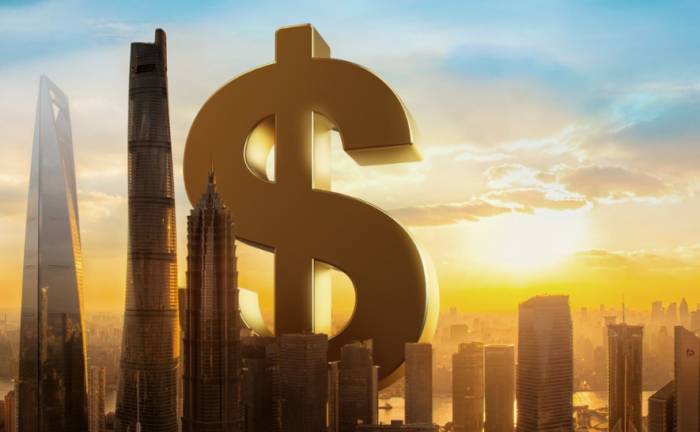
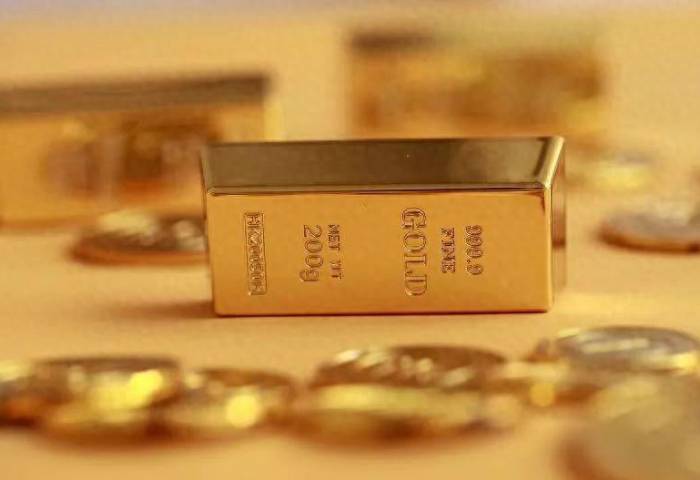
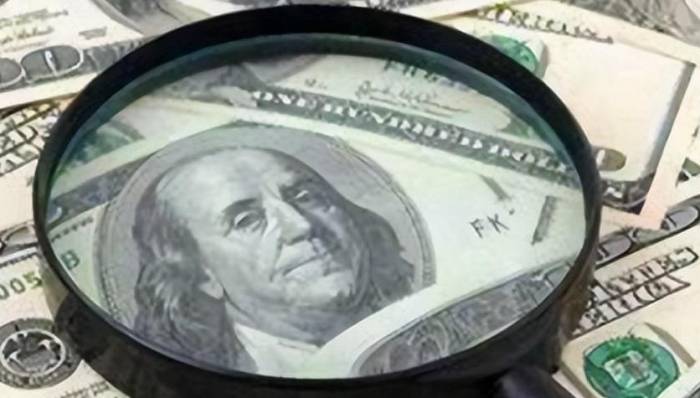
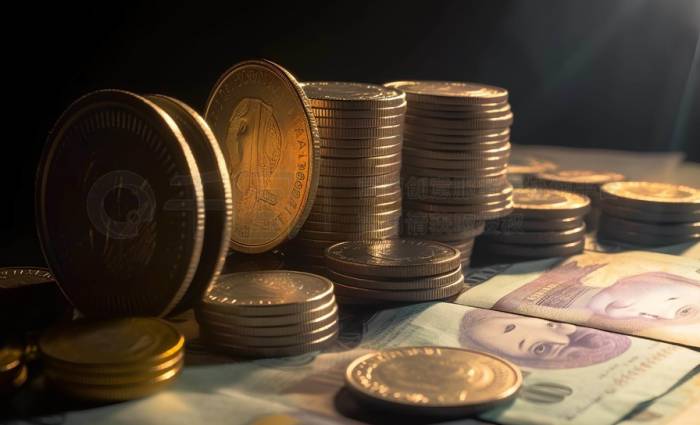

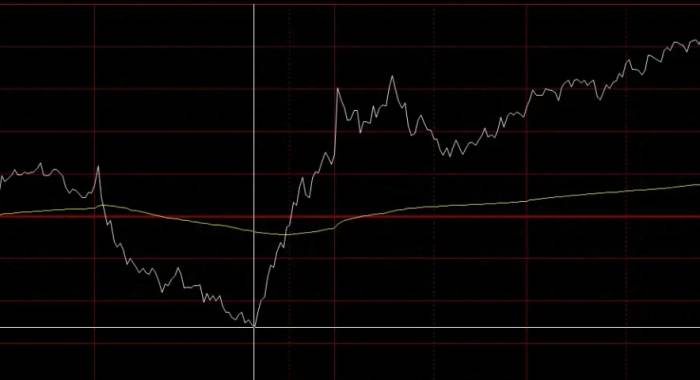
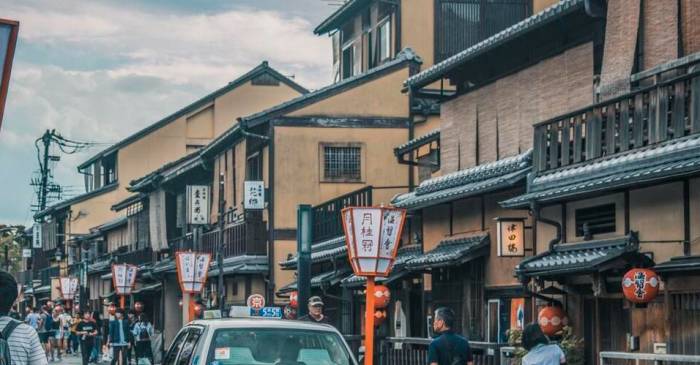
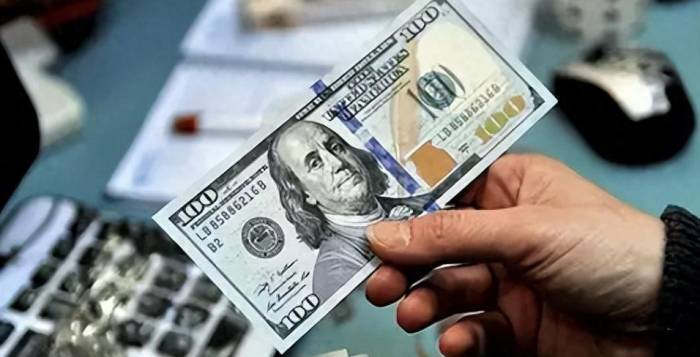
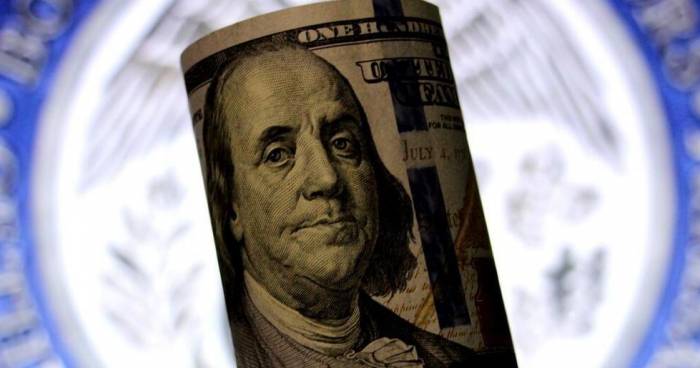
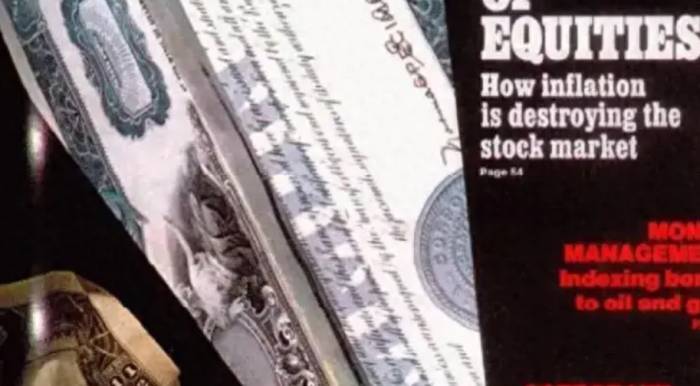
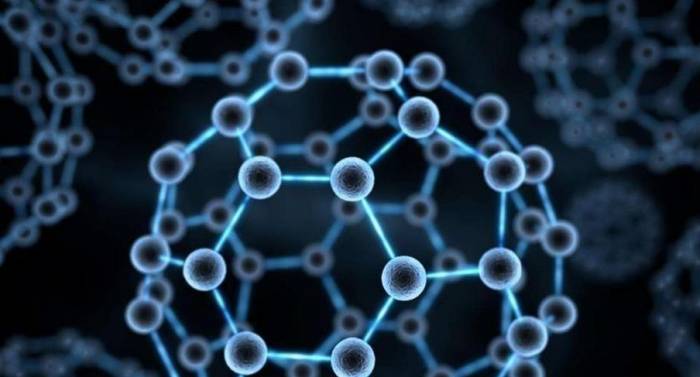
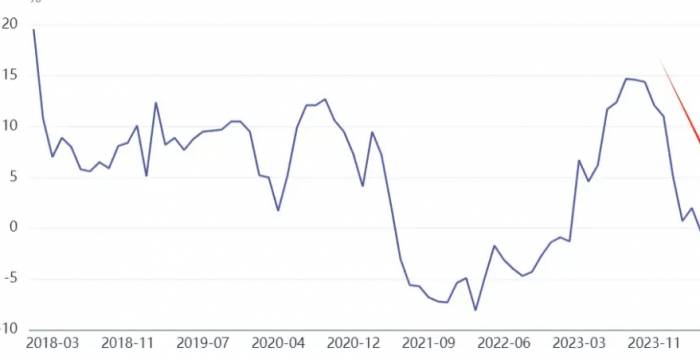

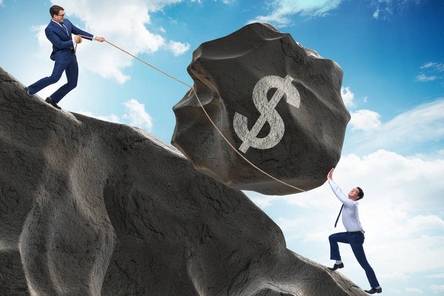
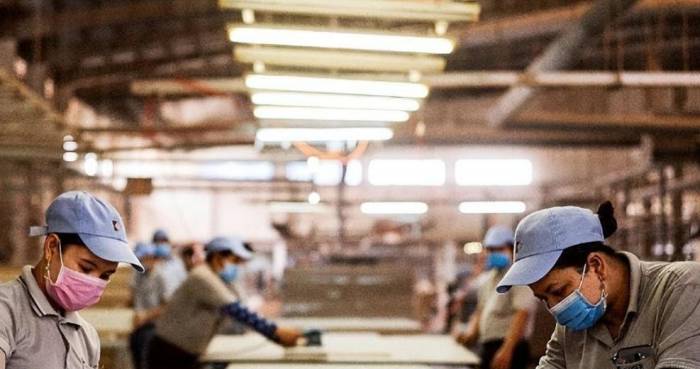
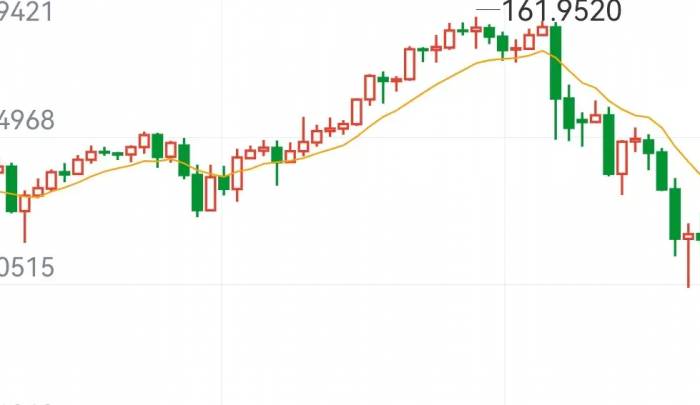
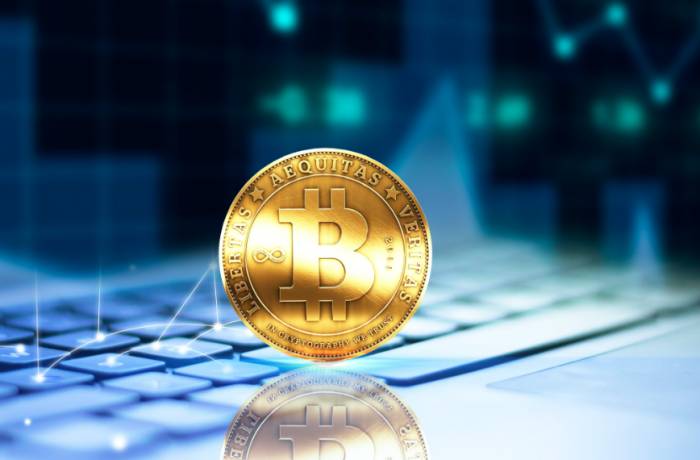
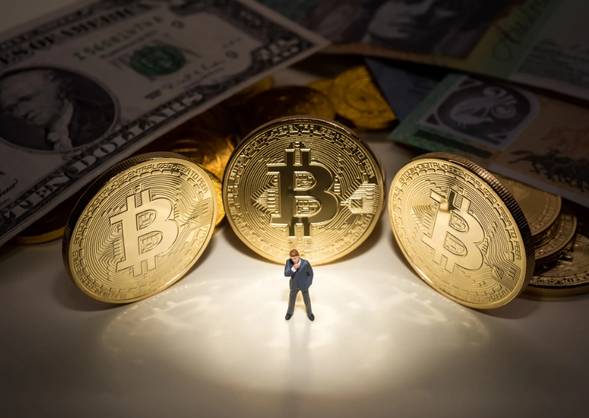
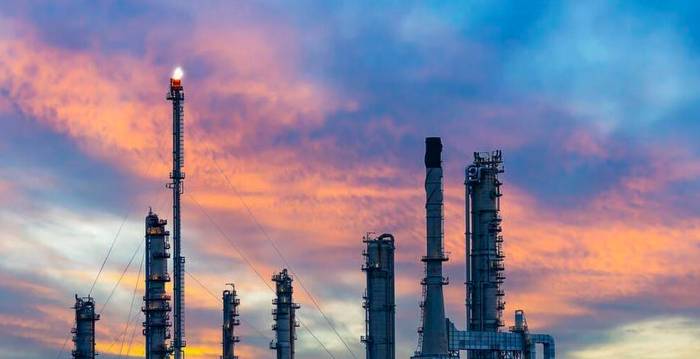
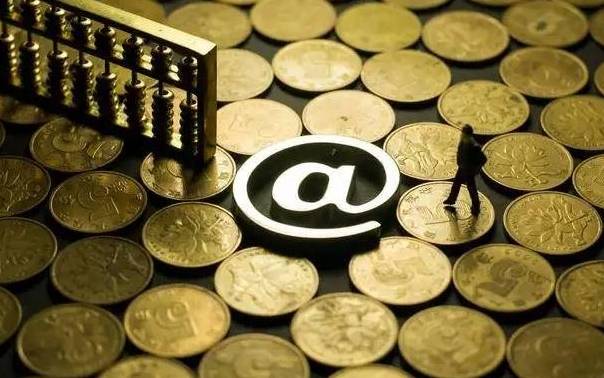
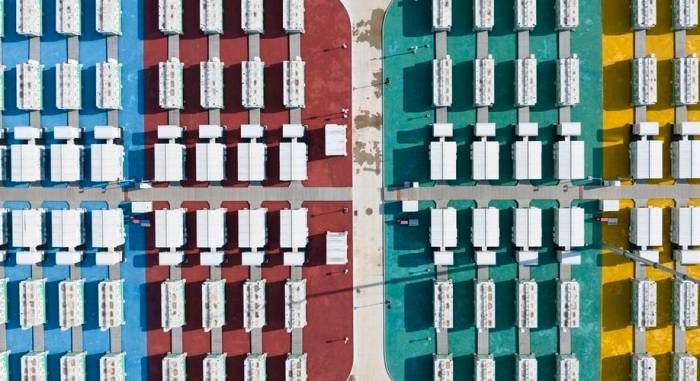
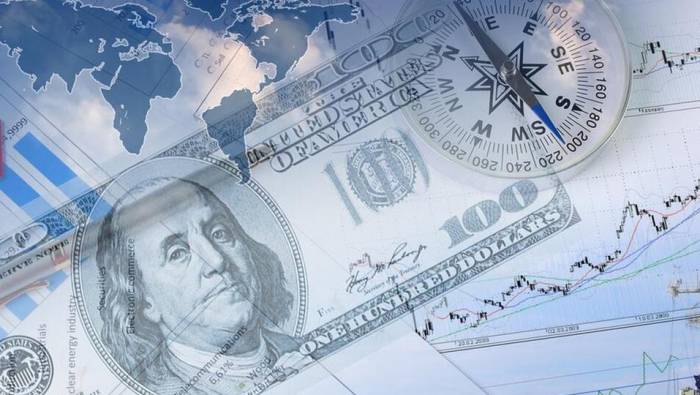

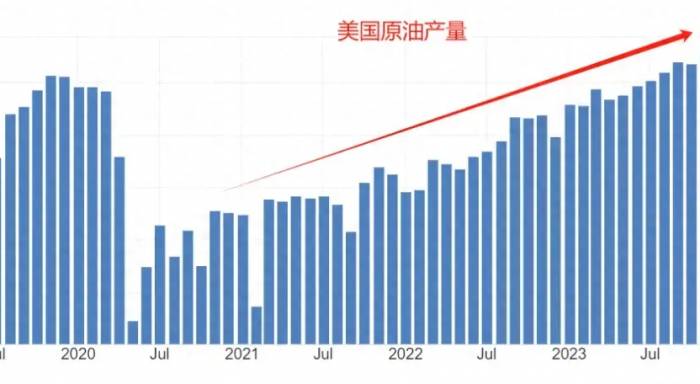
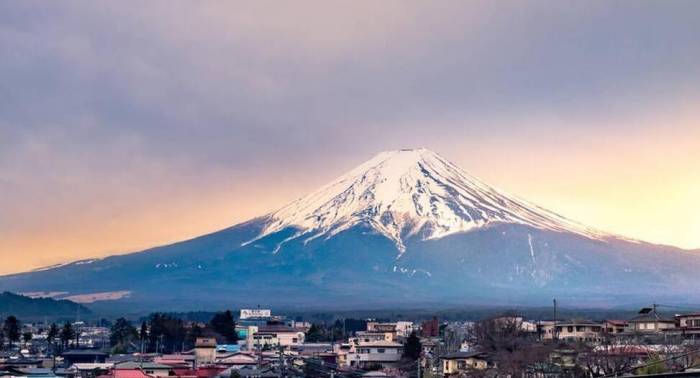
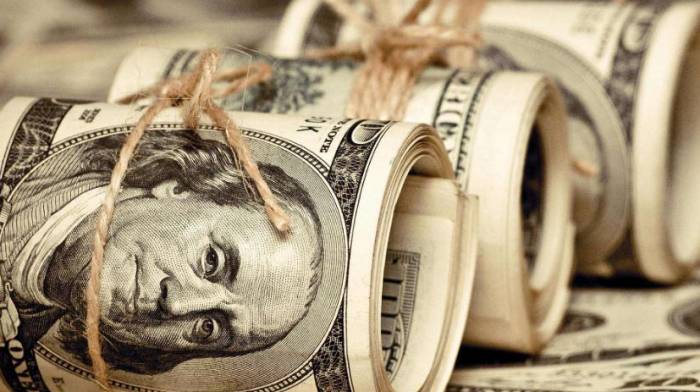
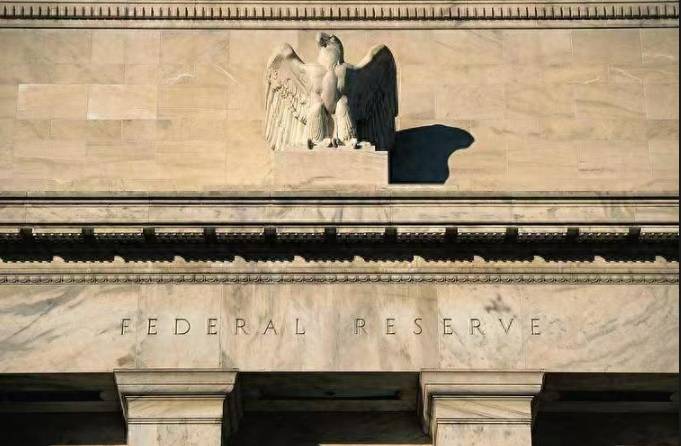
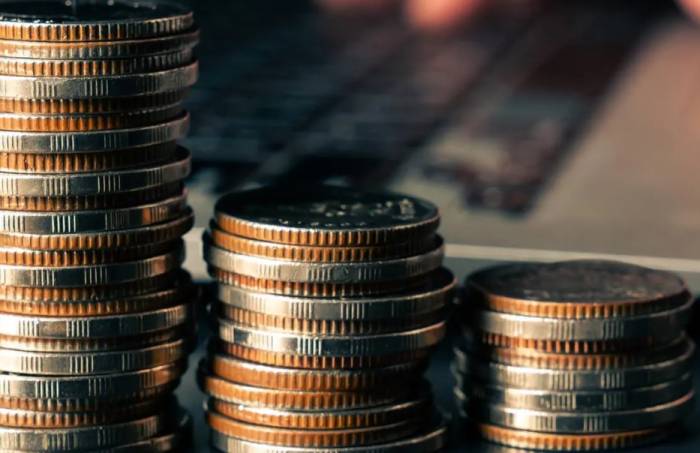
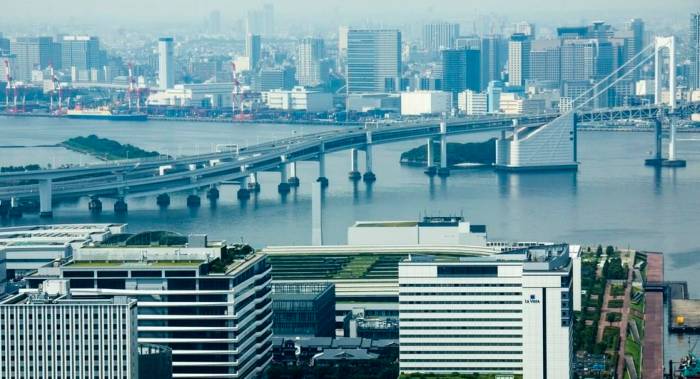
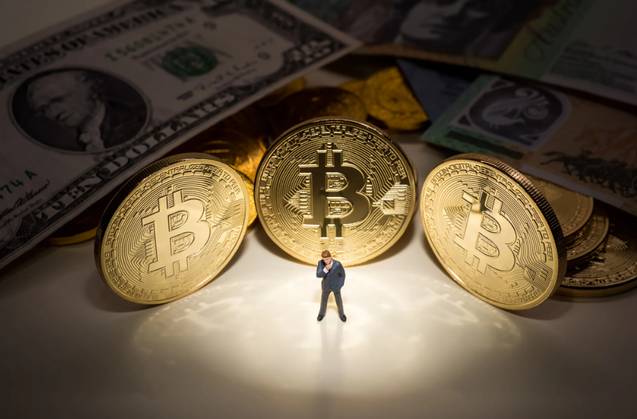
Leave a Comment